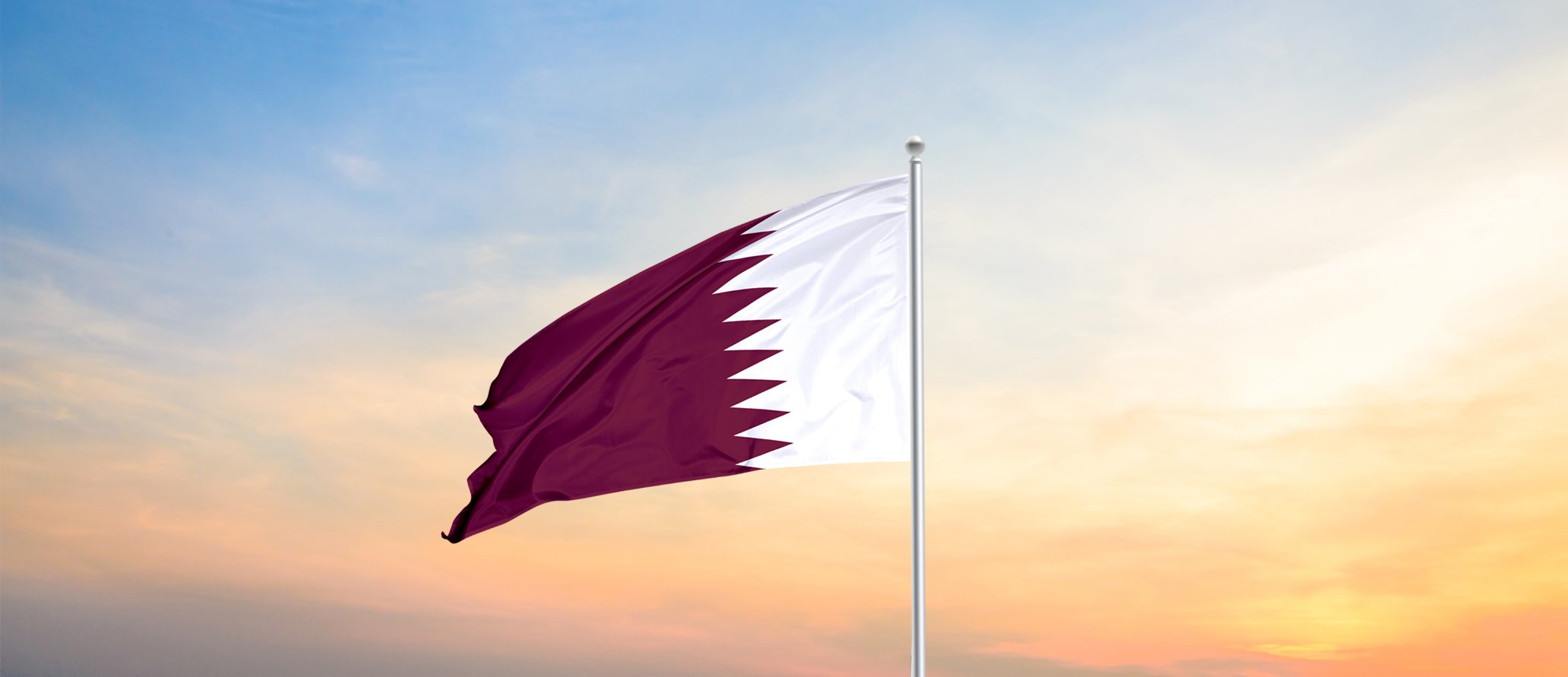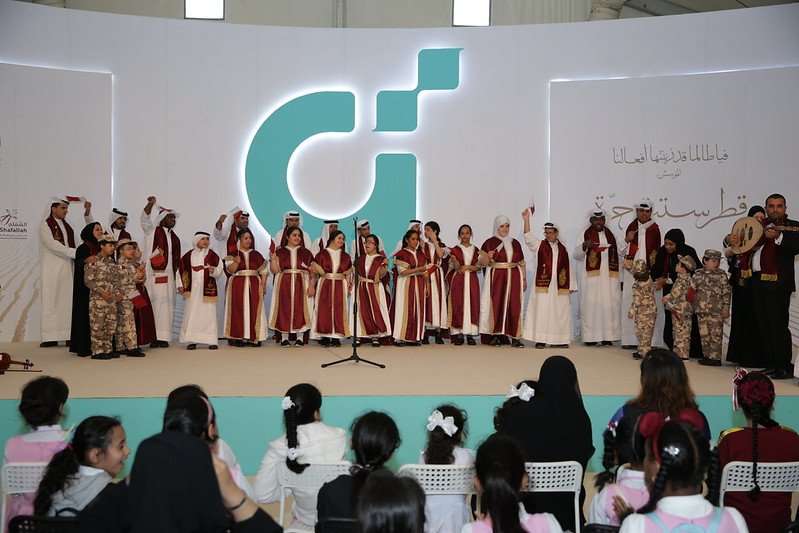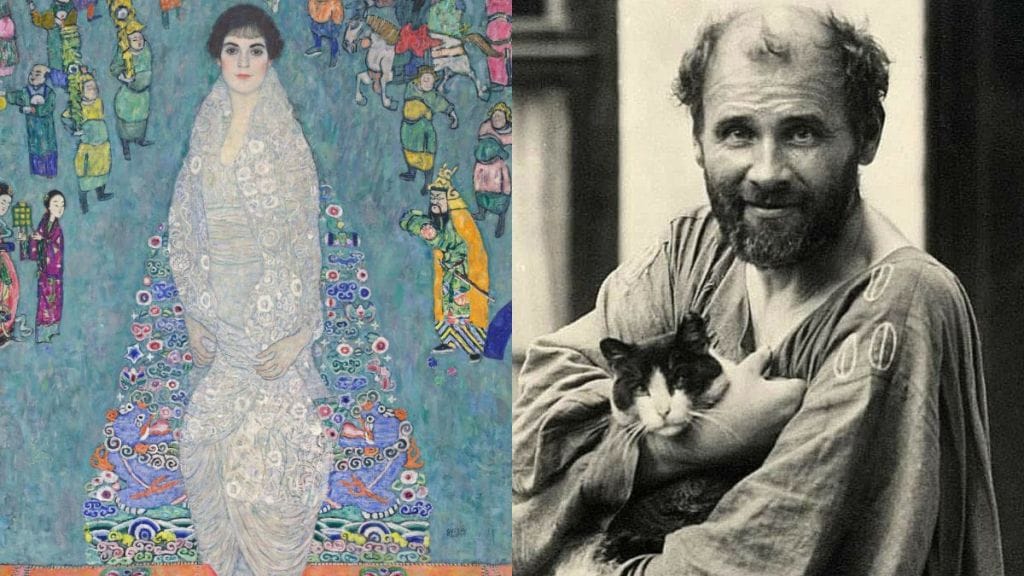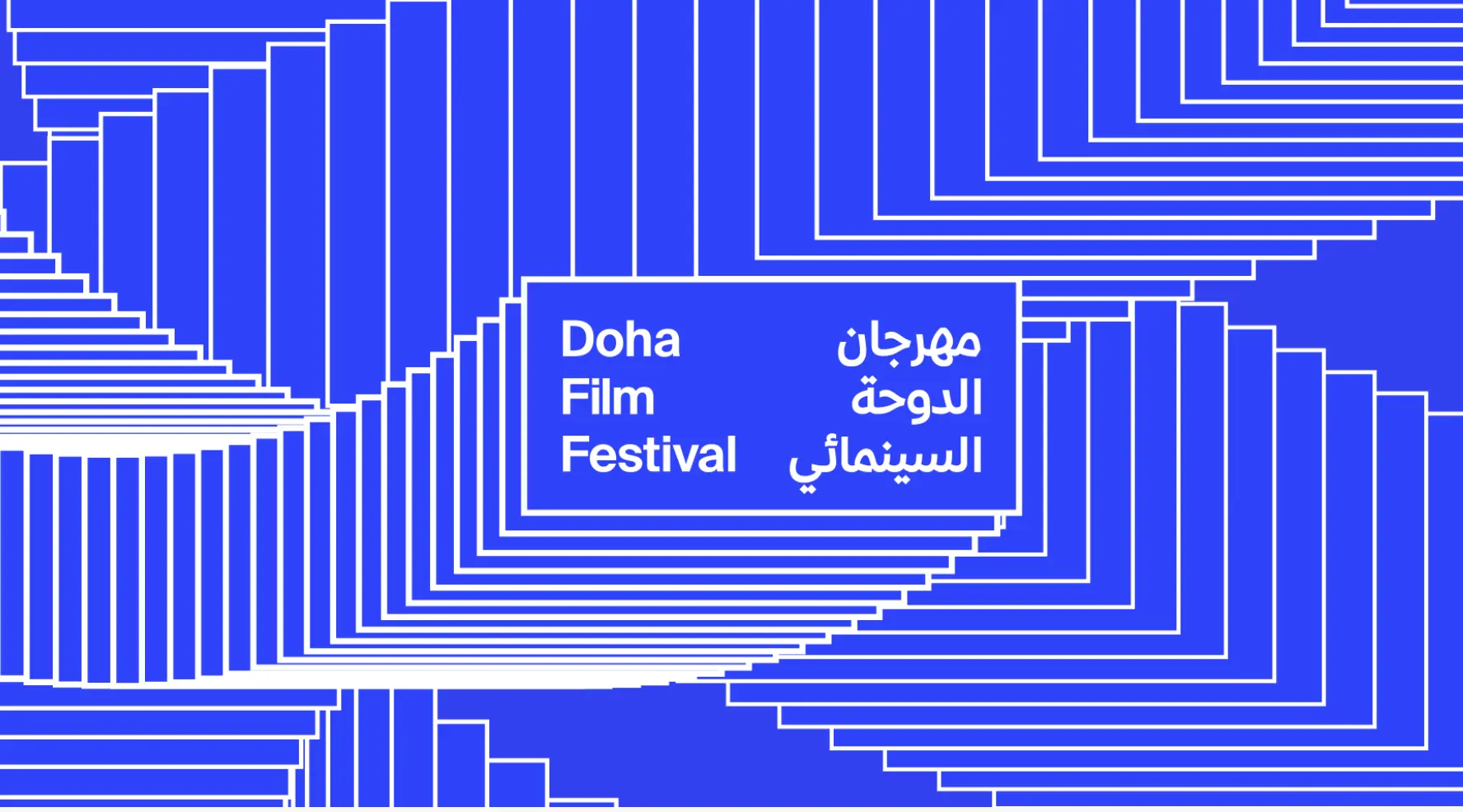Under a mediatory role from Qatar, the government of the Democratic Republic of Congo and the rebel March 23 Movement (M23) signed a peace framework in the Qatari capital Doha on Saturday (15 November), marking the latest step in Qatar’s efforts to end the decades-long conflict in eastern Congo and commit the conflicting parties to a comprehensive peace agreement. This is was not Qatar’s first mediation role, but a coronation of a successful mediatory path and international reputation that places the small Gulf state as a top mediator state.
Over the past two decades, Qatar has emerged as one of the most effective mediators in conflicts around the world, carving out a diplomatic profile that far exceeds its geographic size. While many states—large and small—have attempted to position themselves as peacemakers, Qatar stands out for having delivered tangible breakthroughs in some of the world’s toughest and hard-solving disputes. Across many conflicts in Asia and Africa, Doha has repeatedly demonstrated a rare ability to bring hostile parties to the negotiating table and guide them toward compromise when others failed.
Successful Qatari mediation roles
One of the most notable examples is Qatar’s central role in the US–Taliban negotiations, which culminated in the 2020 Doha Agreement. For more than a decade, multiple regional and global actors attempted to mediate between Washington and the Taliban. None succeeded in even launching sustained dialogue. Qatar, however, managed to host continuous rounds of negotiations, secure mutual confidence from both sides, and provide a neutral diplomatic environment that neither party viewed as politically threatening. The result was the most consequential negotiation process in the 20-year Afghan war.
The Eritrea–Djibouti border conflict. After armed clashes erupted in 2008 and several international and regional actors were unable to de-escalate the crisis, Qatar stepped in as the only actor acceptable to both sides. In June 2010, Qatar had signed an agreement between Eritrea and Djibouti to resolve their territorial conflict by negotiated settlement. Qatari soldiers had been deployed in the disputed areas pending a final agreement between the two countries. This was a significant breakthrough in a dispute that had resisted previous diplomatic efforts, as neither the African Union nor major international powers were able to persuade the parties to engage. In 2024, Eritrea reaffirmed their stance over maintaining Qatar as the sole mediator in its territorial dispute with neighboring Djibouti.
Similarly, in Sudan’s Darfur conflict, Qatar managed what larger regional and international powers did not, as it brought the government of Sudan and several rebel groups to sign the 2011 Doha Document for Peace in Darfur. While the conflict was not fully resolved, Qatar was the only mediator capable of producing a formal agreement after years of stalled or collapsed negotiations. The region, however, is currently witnessing a bloody conflict, but in a different shape, between the Sudanese army and the paramilitary militia Rapid Support Forces (RSF), waiting an international role to put an end to the new cycle of fighting.
READ: Qatar denies ICC-linked allegations, says claims aim to undermine its Gaza mediation efforts
Factors of Qatar’s eligibility for mediation
These three cases alone – The US-Afghanistan, Eritrea-Djibouti, and Sudan’s Darfur – illustrate a fact that Qatar’s success is not because it is powerful, but because it is credible. Its mediation is based on several facts – neutrality, diplomatic skill and wealth – that shapes its foreign policies and international relations.
A genuine neutrality, Qatar conducts mediation without imposing ideological or political agendas. Unlike major powers whose diplomatic efforts are often viewed as extensions of geopolitical competition, Doha approaches conflicts with a narrow goal: reaching a mutually acceptable settlement. This perception of neutrality is precisely what gives Qatar the trust of opposing sides, even when they deeply distrust one another.
Qatar’s status as a small state works to its advantage. Its limited military footprint and absence of hegemonic ambitions reduce fears that mediation is a disguise for influence-building. Conflict parties see Qatar not as a threat but as a stabilizing facilitator. This “small-state advantage” is a defining feature of Doha’s diplomatic success.
Qatar also possesses substantial financial resources (wealth) that allow it to support peace agreements with reconstruction aid, development pledges, or humanitarian support—tools that help ease tensions and build confidence. Wealth alone does not make a good mediator, but when combined with neutrality and diplomatic skill, it enables Qatar to play roles that many countries cannot. Doha’s financial capacity gives its mediation efforts credibility because it can back agreements with material guarantees, especially in post-conflict environments.
Qatar’s future mediation role
Today, the landscape of global mediation is undergoing a dramatic transformation. During the post–Cold War era, mediation was largely dominated by Western states and Western-led institutions. Their influence was so significant that conflict resolution seemed almost an exclusive function of the US, European countries, or Western-backed international organizations. But since the early 2000s, this paradigm has shifted. Western credibility as a mediator has eroded due to repeated failures to address conflicts fairly, inconsistent application of international law, and an increasing perception of bias when navigating between belligerent parties.
In this changing environment, countries like Qatar, Türkiye, and Saudi Arabia, among others, have emerged as new mediators, all of which have made important contributions in addressing hot conflicts. However, Türkiye and Saudi Arabia can still be described as regional powers and their mediation are often balanced with their broader regional strategic agendas, making them different of Qatar’s approach, allowing it to build a distinct international reputation.
As the global order continues to fragment and as traditional mediators retreat or lose influence, Qatar’s role is likely to grow even further. Its track record demonstrates not only that small states can shape world affairs, but that genuine neutrality, financial capability, and skilled diplomacy can produce breakthroughs and settlements in long-protracted or newly-emerged conflicts.




